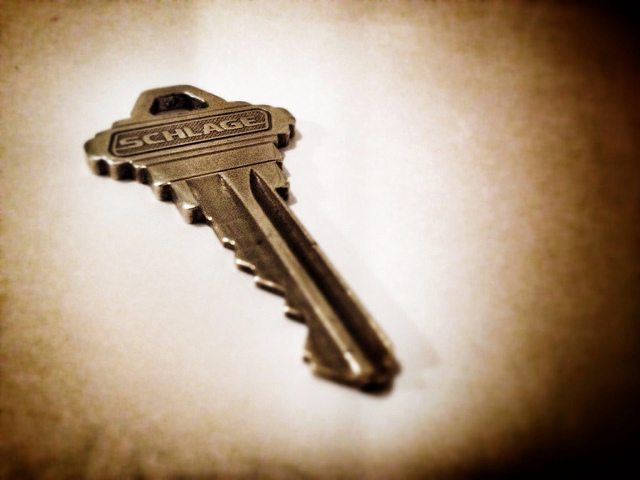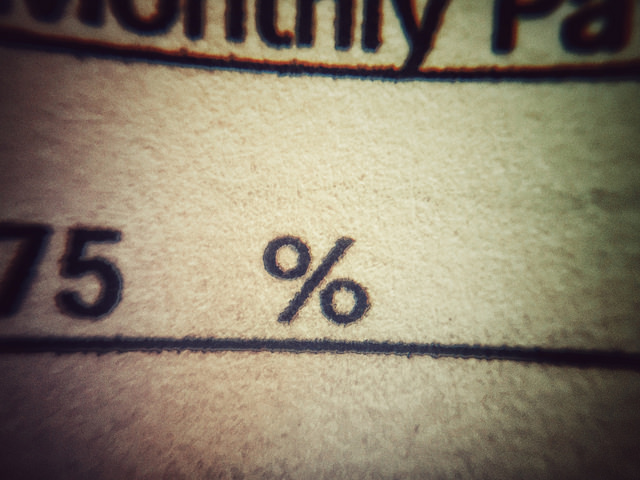According to the Mortgage Bankers Association’s Weekly Applications Survey, demand for loans to buy homes fell last week. In fact, purchase application demand was down 2.3 percent from one week earlier. Joel Kan, an MBA economist, told CNBC there are a couple of factors that could be contributing to the decline. “Recent volatility in the financial markets and increasing rates continue to adversely impact mortgage application activity, even as the general economic outlook remains positive,†Kan said. In other words, potential home buyers are feeling cautious, despite being relatively confident about their financial situation and the overall economy. Part of that has to do with rising mortgage rates and the recent ups-and-downs of the stock market. Another factor could be the normal sales slowdown that usually follows the summer season. Whatever the case, purchase demand is now 3 percent lower than at the same time last year. The MBA’s weekly survey has been conducted since 1990 and covers 75 percent of all retail residential mortgage applications. More here.












